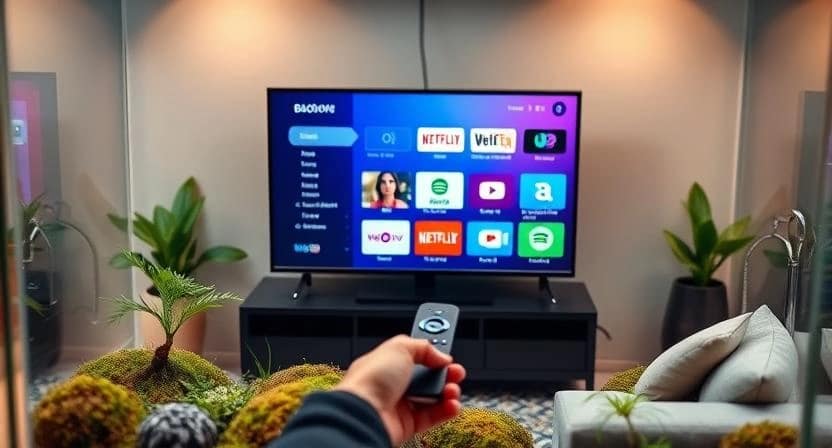When people talk about gadgets, they usually picture sleek devices from California, Japan, or China. But something different is happening in Africa. While the rest of the world races to build smarter homes and faster phones, African innovators are creating gadgets that solve raw, real-life problems. This isn’t about luxury or status. It’s about fixing issues that affect millions lack of electricity, poor healthcare, and weak infrastructure. What’s truly fascinating is that these African gadgets are not just inventions; they are survival tools crafted by people who live the challenges they aim to solve.
You don’t often hear about African tech gadgets in the mainstream media. That’s because many of these devices are not designed for flashy press releases or international tech expos. Instead, they’re built with simplicity, affordability, and community impact in mind. If you walk through a village in Kenya or a farming community in Nigeria, you might just come across one of these quiet innovations in action.
Read Also: Facebook’s $8 Billion Privacy Lawsuit: What It Reveals About Big Tech in 2025
M-KOPA and the Rise of Pay-As-You-Go Energy
In East Africa, electricity is still a luxury for many. But that hasn’t stopped innovation. In Kenya, M-KOPA created a simple solar-powered kit that brings light and energy to homes without grid access. These kits don’t require expert installation. They come with LED bulbs, a mobile charger, and in some packages, even a solar TV. What’s special is not just the gadget itself, but how it’s sold. Families pay small amounts daily using mobile money, no big upfront cost, no monthly bill. This pay-as-you-go model makes energy available to people who were previously left in the dark.
The story of M-KOPA isn’t about new technology, it’s about new access. Solar energy has existed for decades, but M-KOPA adapted it to fit the lives of everyday Africans. That shift-technology adapted for people, not the other way around, is what sets these startups apart.
Ubenwa and Listening to Cries That Could Save Lives
In Nigeria, a newborn’s cry could hold the key to saving their life. That’s the idea behind Ubenwa, a startup using artificial intelligence to detect early signs of birth asphyxia by analyzing baby cries. The concept may sound futuristic, but the execution is deeply grounded. The system records an infant’s cry using a simple wearable gadget. Then, it runs the sound through machine learning software to detect problems that could be fatal if ignored.
This isn’t just a mobile app, it’s a tool that could work in clinics with no specialized doctors or machines. In many parts of Africa, such solutions don’t just fill gaps; they become the only bridge to proper care. What makes Ubenwa’s innovation unique is how it turns something as natural as a baby’s cry into a powerful medical signal.
Innovation That Lives in Everyday Struggles
Gadgets in Africa are not about high specs, they are about high stakes. In South Africa, Lumkani designed a fire detector that can save entire neighborhoods. Traditional smoke detectors often fail in informal settlements where dust, heat, and smoke are constant. Lumkani switched to heat detection instead and built a networked system that alerts neighbors, not just individuals. One device senses danger and all nearby homes are warned in real-time.
This kind of thinking designing for dust, for dense housing, for fire-prone areas can’t be found in a lab in California. It comes from understanding life on the ground.
And in Cameroon, the CardioPad enables heart checks in villages where the closest hospital is hours away. A health worker performs a test and sends the result via mobile signal to a doctor in the city. The gadget doesn’t scream “innovation” when you see it, it looks like a simple tablet. But what it delivers is nothing short of lifesaving.

The Easiest Way to Turn Your TV to Smart TV Without Buying a New One
Why You’ve Never Heard of These Gadgets
Most of these innovations remain unknown outside their immediate users. They don’t appear in international top-10 lists. They’re rarely sold on Amazon. That’s because many African tech founders are building for functionality, not fame. Marketing budgets are small. The goal isn’t to make headlines, but to make a difference.
And maybe that’s what makes them even more powerful. These gadgets aren’t designed to impress, they’re designed to work. Whether it’s a baby monitor that can detect illness or a solar kit that lights up a rural home, the real value lies in impact, not brand.
This quiet wave of invention is redefining what gadgets can be. They don’t have to be made of glass and aluminum. They can be rugged, affordable, even basic-looking yet transform lives in ways no flagship phone ever will. In Africa, a gadget might be a voice, a heartbeat, a spark of power, or a warning alarm. And that’s what makes them revolutionary in a way few people are talking about.









